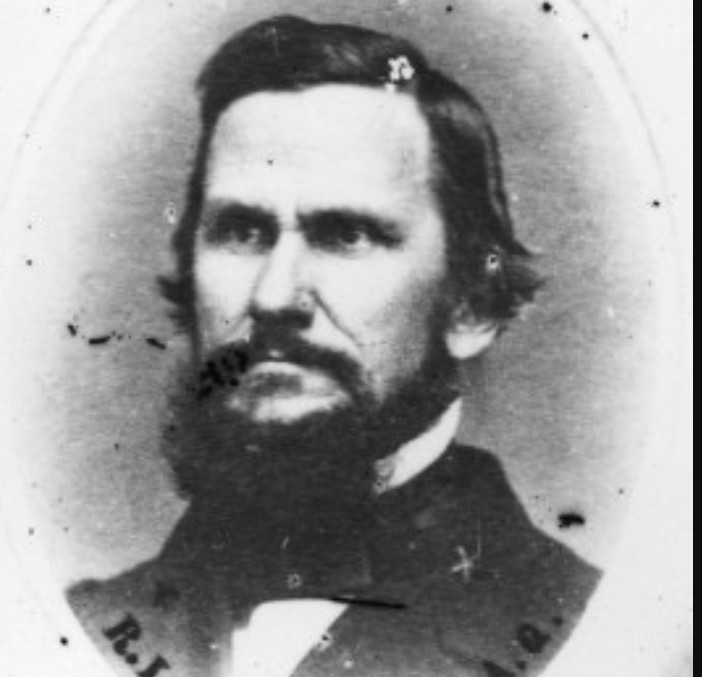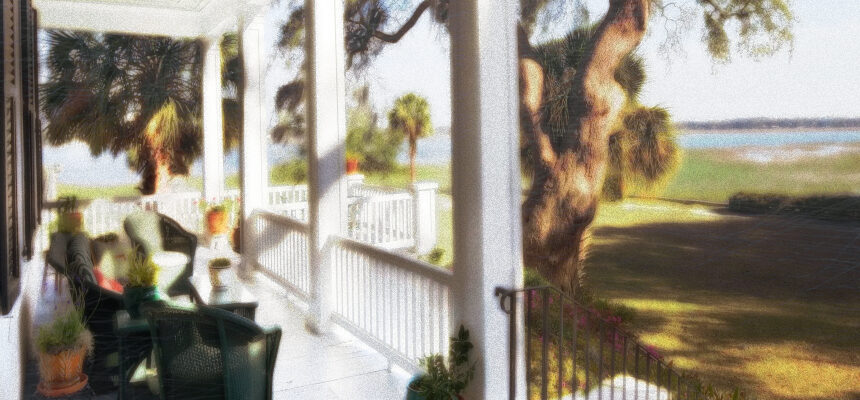It had been a long time since my siblings and I were home in the Low Country. The last time we had gathered there was for the funeral of our mother. Both our father’s and mother’s mortal remains are at the National Cemetery in Beaufort. I still remember the day my mother was laid to rest, the Blue Angels were in town, and as we gathered around their resting place, those amazing pilots flew their blue and yellow F/A-18s directly overhead, a tribute she would have loved. And just like on that day, the weather this weekend was spectacular!
If you ever read any of my writings, this love affair I have with this part of South Carolina is no shock. Many of my articles and stories are connected with this mysterious paradise of beaches, rivers, swamps, old trees, and, of course, very ancient landmarks. Even though most y’all have never been there, you have seen it in many movies: The Big Chill, Forrest Gump, Conrack, etc. But, the most iconic of them all is The Great Santini starring Robert Duvall, a story of growing up with a Marine father.
Our journey back home was a tribute, a recollection of “growing up Marine” in a most wonderful and chaotic time, just a few years after this movie took place. Vietnam was ramping up, school integration was beginning, Parris Island was booming with willing and reluctant Marine recruits, and MCAS Beaufort, where my father was stationed, was expanding its squadrons of F4s to meet the needs of an ever-aggressive military industrial complex. And, my siblings and I were growing up in the middle of it all.
The weekend was spent enjoying the coastal beauty, fresh seafood, and visiting the places that mean the most to us. One of the first things we noticed at our rental was a very old and large oak tree, something we would have shimmied up as young boys. Just for fun, we staged a photo pretending an attempted climb and sent it to our wives, evoking a panic. For just a moment, we were boys again, with all the wonder and excitement of youth.
The next morning, we excitedly went exploring our old haunts, amazed how much had changed, but also thankful that so much had been preserved. We went by our old homes, the place we all learned to swim, our fishing spots. We talked about movies we saw at the old theaters, laughing at our wonder years through the 60s and 70s. Remembering friends, girlfriends, and all the marvelous chaos associated with having a Marine father, just like the Great Santini! Of course, no tribute would be complete without visiting the house where the movie was filmed, a house we had seen many times. We made our cousin watch the movie for the first time, making a game of picking out all the local sites appearing in film, all of which we had visited.
Often our conversations would turn to the current state of the United States, and looking at it through the lens of our own history in the Low Country. We remembered how integration in the local schools had turned them into war zones, how no one benefited, how almost no one thought it was a good thing, and how education for all those forced to endure it had suffered. We recollected the waves of young men that came in and out of Parris Island, and how we unknowingly watched the fate of many newly born Marines. Perhaps we knew, but repressed it, knowing our father and the fathers of our friends had been, or would soon be, in the jungles of Vietnam, a few not returning.
Through all these conversations, observations, remembrances, I had the opportunity to remind my brothers and cousin of how important it was to preserve and recapture the beautiful things that our childhood afforded us. We talked at length about Southern Nationalism and a “national divorce” during our visit to Old Sheldon Church. Although they were not convinced at the beginning; eventually, most were able to see the necessity. Perhaps it was watching the absurdity of a 95-pound female drill instructor barking out commands on the parade deck at Parris Island that left my brothers outraged at the state of the Corps, and the Great Santini rolling over in his grave.
Seizing the narrative from those opposed to our hopes, I laid out a path forward, opening the door for more conversations, and whetting their appetite for more information.
Once something you love is gone, you realize all the missed opportunities, and lament as did the son in The Great Santini, understanding too late the legacy he was gifted.
Deo Vindice!
God save the South!

Service to God and honor to the South.






Very good movie. Watched it at my uncle’s house when I was in high school. It had just come out on HBO.
The Great Santini is the most anti-white Southerner movie that I can recall- check out the character”Red Pettus” to see how the Jews of Hollywood portray us and how they would like all of us to end up. If you think the movie is good, you need to be detoxified- Hollywood laces all of it’s productions with anti-white, anti Southern and anti-German memes, but the great Santini tops them all in this respect- all subltety hjas been removed and their snarling hatred of us is shown vividly in living color. If it is a very good movie, i must have stumbled onto the SPLC comment thread by mistake!
Thank you for your inspirational Ted talk.
The movie is an accurate , yet fictional, portrayal of life in that small town, in that era. I know, because my family was there, and my father was an NCO on the air base.
We are a great people, but we have people that can be unnecessarily unkind. Red’s character is not an exaggeration , if yet only a very small minority of Southerners.
One of our greatest characteristics is our civility, it is that which distinguishes us from the Yankee and the Midwesterners, and we must never become that which is less.
Thanks again for dropping by.
I’ve lived in the South all of my long life and have never encountered a white person like Red Pettus. The character of Red Pettus is just crude revenge porn typical of Jewish Hollywood. Basically any white person who resists or has misgivings about racial integration and the grand “Civil Rights Movement” is Red Pettus in the eyes of Hollywood. We need to stop accepting misrepresentations about us by our sanctimonious enemies. As you noted the integration of our public schools was a disaster that reduced the quality of the lives of the white working class and lower middle class greatly, and people who resisted this attack upon our civilization were heroes, not villains. But no one wishes to tell the emperor that he has no clothes. As T. S. Eliot said, “This is the way the world will end- not with a bang but a wimper.”